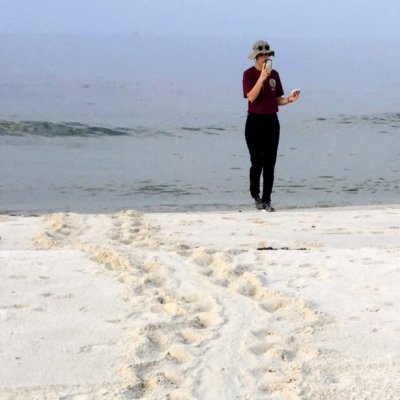Gaelyn Gros is currently making significant contributions as a Wildlife Biology Intern at the U.S. Department of the Interior, specifically within the U.S. Fish and Wildlife Service at Bon Secour National Wildlife Refuge. With a Bachelor of Science in Marine Biology and a minor in...
Gaelyn Gros is currently making significant contributions as a Wildlife Biology Intern at the U.S. Department of the Interior, specifically within the U.S. Fish and Wildlife Service at Bon Secour National Wildlife Refuge. With a Bachelor of Science in Marine Biology and a minor in Geography from The University of Southern Mississippi, Gaelyn brings a robust academic foundation to her role, complemented by three years of hands-on experience in marine conservation and education.
In her current position, Gaelyn is actively involved in a variety of key projects aimed at enhancing the ecological integrity of coastal habitats. She conducts vital conservation initiatives focused on the protection of sea turtles and shorebirds, which are critical species in maintaining the health of marine ecosystems. Her work includes analyzing ghost crab populations, which serves as an important indicator of beach health and biodiversity. Gaelyn also plays a pivotal role in the restoration of five miles of the Perdue Unit beachfront, ensuring that these vital habitats are preserved for future generations.
Her responsibilities extend to managing administrative tasks such as completing acquisition requests and special use permits, which are essential for facilitating conservation projects. Gaelyn’s proficiency in Geographic Information Systems (GIS) and data analysis allows her to effectively contribute to coastal land management efforts, ensuring that decisions are informed by accurate and comprehensive data. Additionally, her skills in teaching and community outreach enable her to engage with the public, fostering awareness and support for marine conservation initiatives. Through her dedication and expertise, Gaelyn Gros exemplifies the commitment to preserving our natural resources and promoting sustainable practices within the field of wildlife biology.







